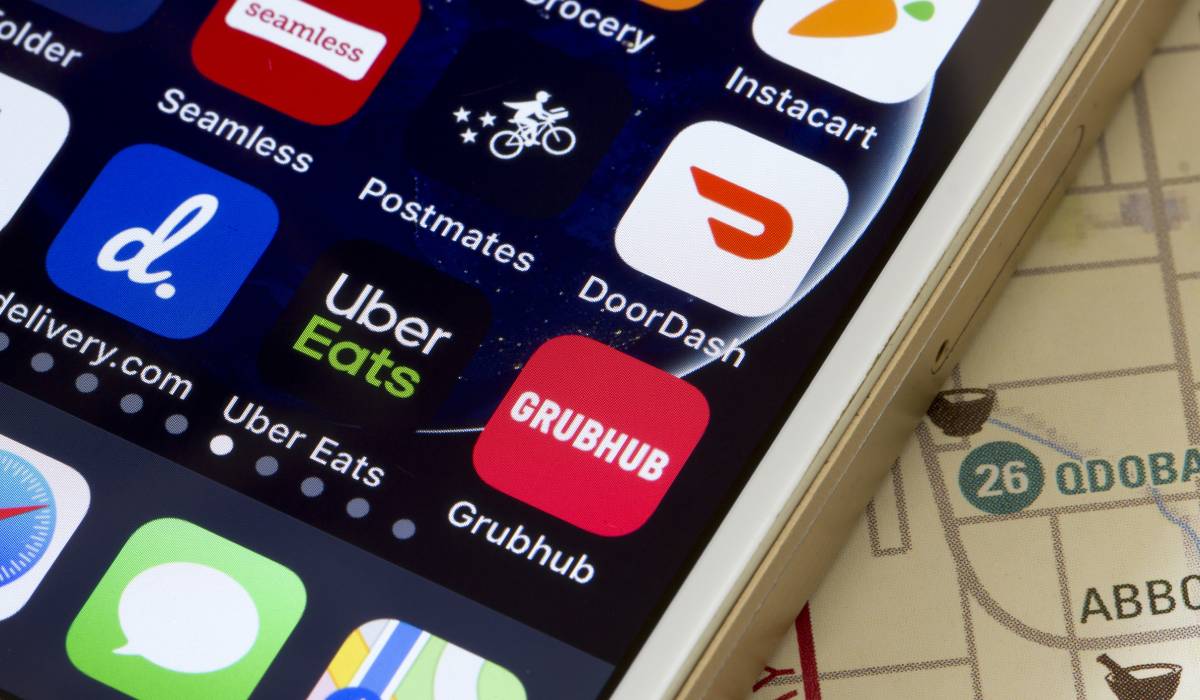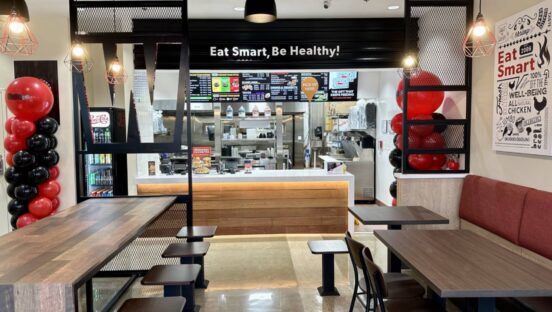The New York City Council voted Thursday to permanently implement a cap on third-party delivery fees.
The cap first went into effect in June 2020, placing a 20 percent ceiling on all fees delivery companies could charge restaurants. That includes a 15 percent cap for the physical delivery of food and drinks and a 5 percent cap for additional payment such as marketing, credit card processing, or other fees. In September 2020, the rule was amended to allow “pass-through” costs like credit card fees to be charged above the 20 percent total cap.
As part of the bill, the city will review the fee cap every two years to analyze its effect.
The New York City Hospitality Alliance hailed the decision as a major win for restaurants, and also claimed third-party delivery companies were using their market share and leverage to charge in excess of 30 percent on each order and imposing sophisticated techniques to keep restaurants on their platforms. In June, Micheli & Shel, parent of of Michaeli Bakery, filed a lawsuit accusing Grubhub, DoorDash, Uber Eats, and Postmates of using “ambigious” and “deceitful” methods to get around the cap. The company said in court documents that third parties, “proceeded to continue their prior practices of bleeding New York City’s restaurants dry while collecting millions of dollars at their expense in blatant disregard for the laws of the City of New York.”
The NYC City Council also passed a bill requiring most third-party aggregators to be licensed in the city, which the NYC Hospitality Alliance said will strengthen all new laws and give the city authority to revoke, suspend, or not renew the license of bad actors.
Both bills are pending the signature of NYC Mayor Bill de Blasio, who has 30 days to sign the documents. It would then go into effect after 120 days.
“The City Council has taken a critically important step toward protecting New York City eateries by passing legislation to permanently cap the outrageous third-party delivery fees charged by these billion dollar corporations, which follows a package of legislation passed last month regulating these platforms’ predatory practices,” said Andrew Rigie, NYC Hospitality Alliance executive director, in a statement. “These first-in-the nation bills are common sense and widely supported because they create a more equitable marketplace for local businesses and rein in certain billion-dollar corporations that have hurt New York City’s restaurants and workers for too long. We urge Mayor de Blasio to sign them into law immediately.”
New York City followed in the footsteps of San Francisco, which made its 15 percent cap permanent this summer. DoorDash and Grubhub responded with a lawsuit, claiming the restriction of fees will lead to reduced choice for restaurants, higher prices for consumers, and fewer delivery opportunities for drivers.
Grubhub appeared to promise the same action against NYC.
“This permanent price control is flagrantly unconstitutional and will hurt local restaurants, delivery workers and diners across NYC,” the third party said in a statement. “We will vigorously fight this illegal action.”
In NYC, DoorDash accounted for 36 percent of third-party delivery sales in July, followed by 34 percent for Grubhub, 29 percent for Uber Eats and 1 percent for Postmates, according to Bloomberg Second Measure.





